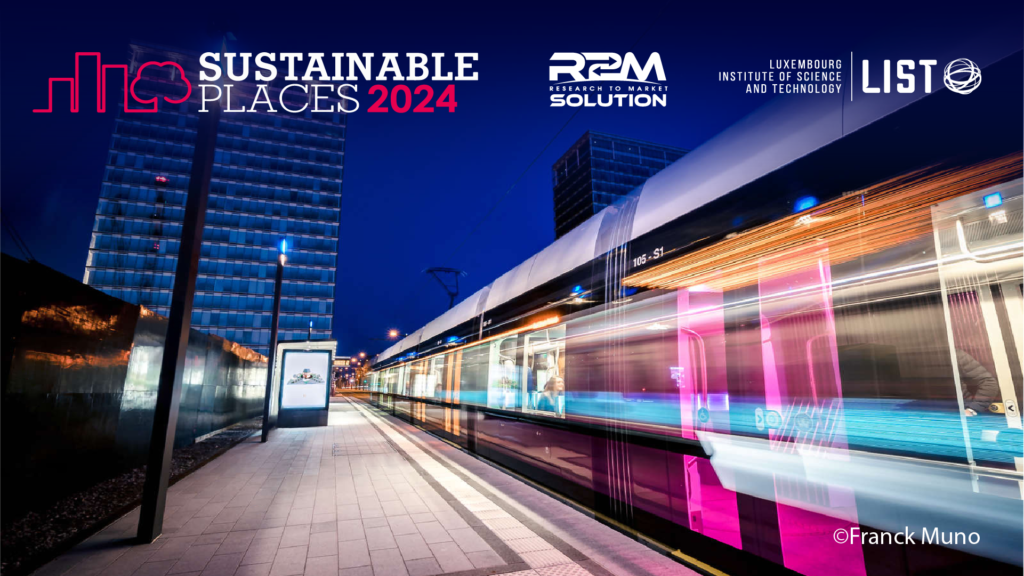Circular economy-based materials development to foster the transition to sustainable and high energy performance buildings at optimal costs” Juan Carlos Guerrero Ramos, AIDIMME
Wednesday 25 September 2024 | 09:00-10:30 | Briefing Room FR | Paper Session | Hybrid

The SNUG project aims to provide a feasible solution to the high levels of energy consumption of buildings, which account for 40% of the total energy consumption in the EU. Buildings are also one of the main greenhouse gases (GHG) emission sources (36%). During building construction, use, renovation, and demolition, they contribute approximately 50% of extracted materials and 35% of the EU’s total waste generation. Therefore, improving the sustainability and energy efficiency of buildings is essential for achieving a reduction in energy consumption, GHG emissions, and the reduction and recycling of extracted materials, with the goal of a climate-neutral Europe by 2050, as established by the Green Deal Commitment.
Following the stimulation of many ambitious policies dictated by the EU for the improvement of the energy efficiency of buildings, such as the Energy Performance of Buildings Directive (EPBD), The Renovation Wave Strategy, and The Circular Economy Action Plan, SNUG aims to develop and demonstrate a methodology to help planners, constructors, architects, and other stakeholders in the construction sector select the most appropriate thermal insulation materials or solutions. This is in order to maximize the energy efficiency and minimize GHG emissions of the building envelope throughout its life cycle and achieve the Zero Emission Building (ZEB) rating at an optimal cost level.
The methodology sought will be improved and sustained by the following developments within the project:
- A Digital Tool Assistant (DTA) based on AI and virtual simulation that will support architects and builders in the decision-making process for the best thermal insulation solutions according to technical, environmental, and economic inputs.
- A set of Sustainable-by-design thermal insulation materials based on Circular Economy principles, smart and renewable materials.
- A Database of thermal insulation materials, including technical and LCA (Life Cycle Assessment) information.
- A Digital Building Logbook (DBL), where information about the building will be collected and digitized in an interoperable format with BIM and the DTA, throughout the entire life of the building.
AIDIMME (Spain) is coordinating the SNUG project with the support of the other 16 partners and is primarily involved in the development of one of the Sustainable-by-design thermal insulation materials, specifically biomass-based boards. AIDIMME has support and experience from previous local projects (PRESOST, PREFCONECPT, and EDIFBIO), where local natural fibers were identified—waste from other sectors or agro-forest waste—to study and characterize them for use as insulating panels for both interior and exterior use in buildings. These panels were manufactured on a pilot scale at AIDIMME using a hot plate press and studied and characterized to later demonstrate the feasibility of industrializing them and thus scaling the Technological Readiness Level.
Contributing projects:
Session Chair:
Juan Carlos Guerrero Ramos, AIDIMME
Workshop Chair: Sébastien Faye, LIST, Luxembourg Institute of Science and Technology
